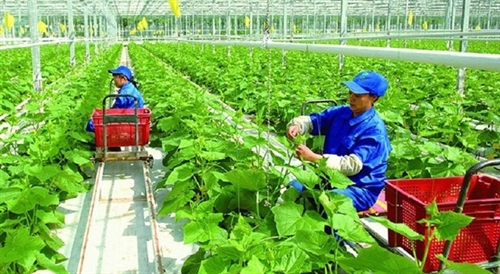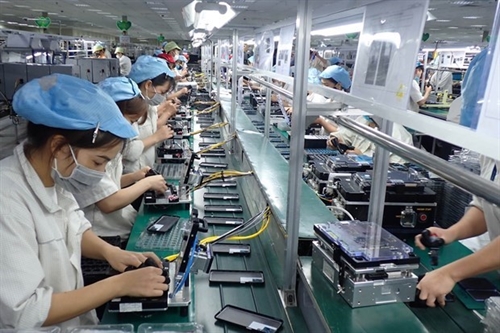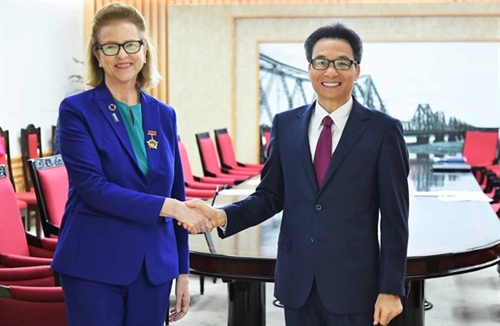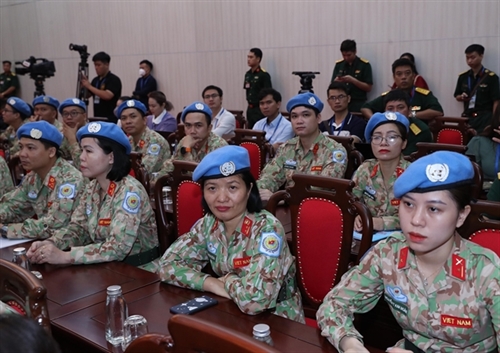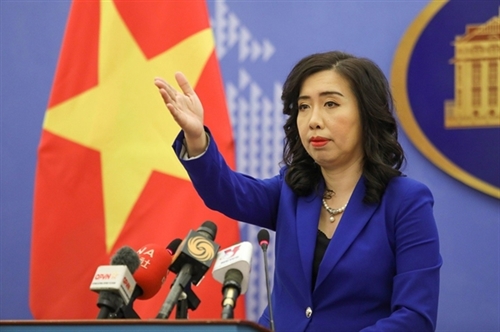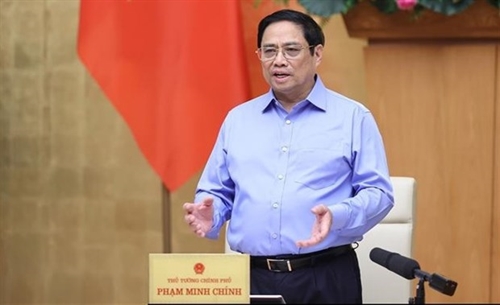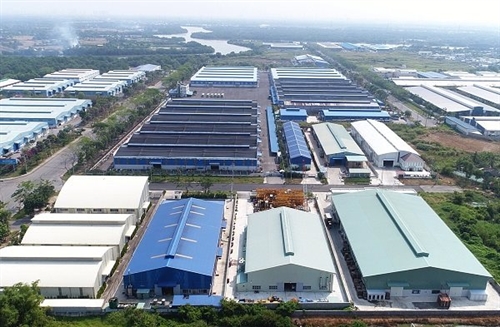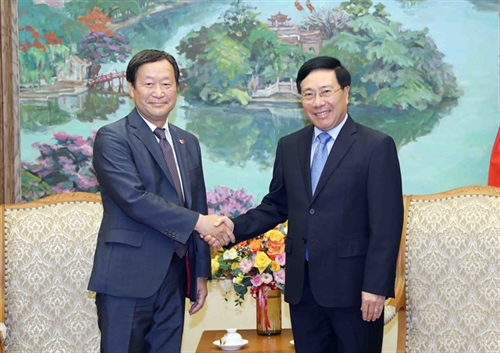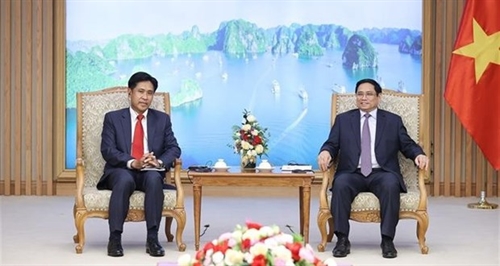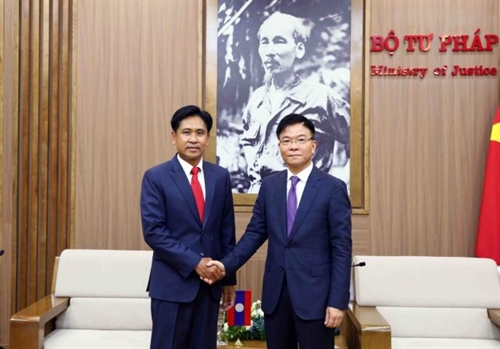Prime Minister Pham Minh Chinh on August 27 requested ministries, sectors and northern mountainous and midland provinces to well organize the implementation of policies, and action programs to promote socio-economic development in the region, as the Party and State have adopted sufficient and sound policies and programs.
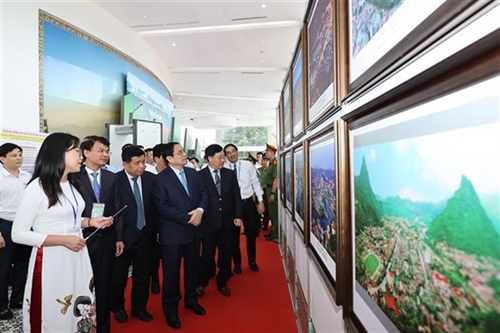 |
| Delegates visit a photo exhibition on potential and opportunities of the northern mountainous and midland region, held on sidelines of the conference__Photo: VNA |
PM Chinh made the request when chairing a conference announcing the Government’s Action Program implementing the Politburo’s Resolution No.11-NQ/TW on directions to intensify socio-economic development and ensure national defense and security in the northern midland and mountainous region by 2030, with a vision to 2045, held in Lao Cai province.
According to the leader, the region has a particularly important strategic position in terms of politics, economy, culture, society, the environment, national defense, security and foreign affairs. It also boasts a lot of potential and advantages in trading with China and other member states of the Association of Southeast Asian Nations (ASEAN).
Over the past time, the Party and State have issued and effectively implemented many policies to promote potential and advantages and create motivation for the development of the region. In addition, the Government and the Prime Minister have regularly directed and met with localities to discuss tasks and solutions to remove difficulties and foster their socio-economic development.
As a result, the gross regional domestic product (GRDP) has been continuously improved. The average growth rate in the 2005-2020 period reached about 9.3 percent, with the GRDP scale hitting VND 688.9 trillion (USD 29.4 billion) and GRDP per capita being VND 54.1 million. Exports also increased sharply, from USD 3.3 billion in 2013 to USD 41.7 billion in 2020, with the export growth rate hitting 57.8 percent per year.
However, many potential and advantages of the region have not been properly exploited and brought into full play, PM Chinh noted, adding that its competitiveness is not high, and the economic scale is still quite modest and infrastructure is still limited, especially in remote areas.
Therefore, he asked the relevant ministries, sectors and localities to focus on resources to address the existing shortcomings, particularly bottlenecks in transport infrastructure, logistics, digital transformation and climate change response; speed up the disbursement of public investment; and intensify economic restructuring associated with renewing the growth model.
The Ministry of Planning and Investment should work closely with other related ministries, sectors and localities to seek measures to boost investment promotion and attraction in the region, he said, asking for an improvement in its business and investment environment to ensure transparency, fairness and competitiveness.
At the conference, representatives of the World Bank and the Asian Development Bank gave recommendations on sustainable poverty reduction and transport and tourism infrastructure development for the region, while representatives from the Japan External Trade Organization (JETRO) and the Korea International Cooperation Agency (KOICA) showed their hope that the region will have opener policies and synchronous infrastructure so that their countries’ enterprises can expand cooperation and development in the region.
The Prime Minister and delegates witnessed the hand-over of investment certificates and memoranda of understanding on investment cooperation in 14 northern mountainous and midland provinces, namely Ha Giang, Cao Bang, Lao Cai, Bac Kan, Lang Son, Tuyen Quang, Yen Bai, Thai Nguyen, Phu Tho, Bac Giang, Lai Chau, Dien Bien, Son La, and Hoa Binh.- (VNA/VLLF)
